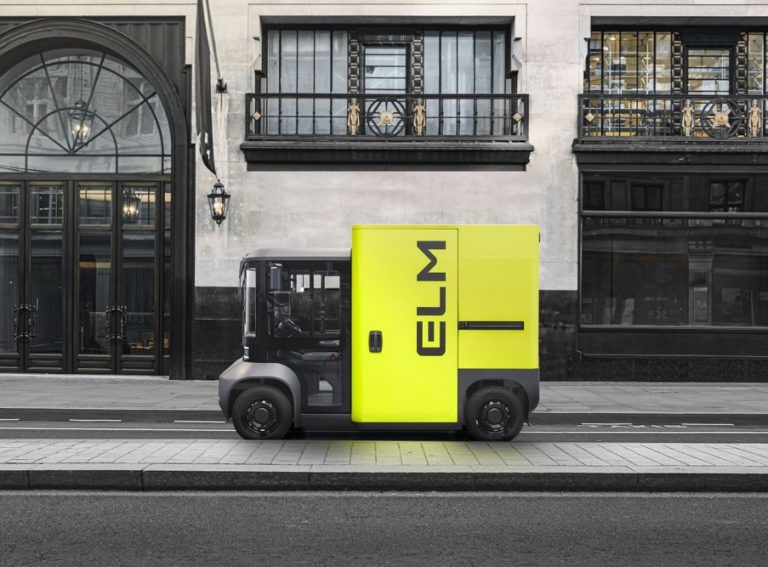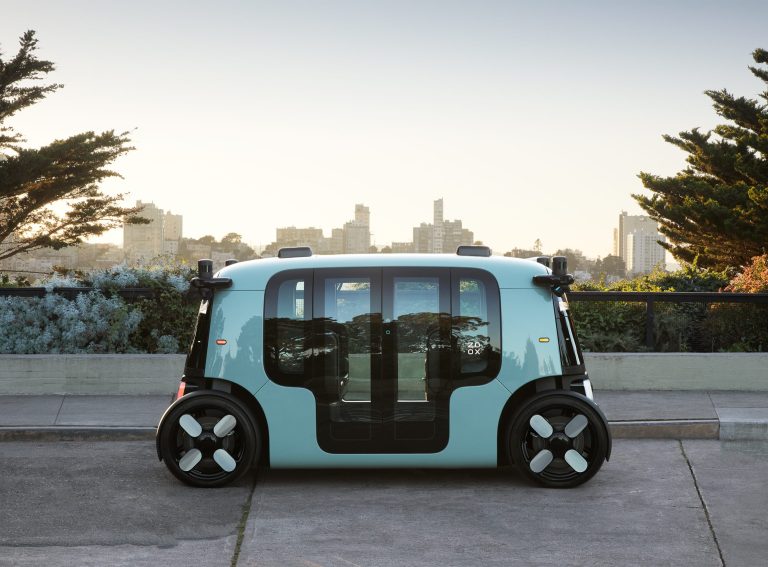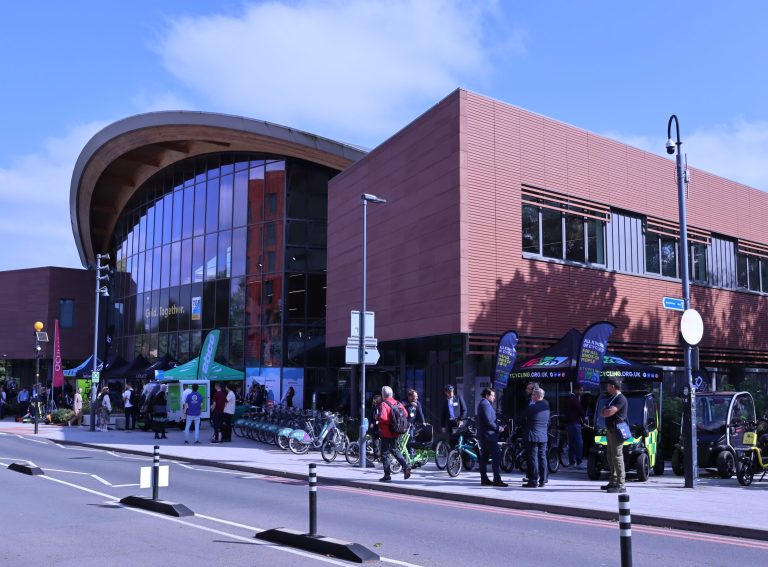Autonomy, which hosts one of the largest Mobility World Expos in Paris every year, has switched its focus from personal mobility to a bigger canvas – the integration of Solar, Batteries, EVs and Autonomous Technology.
The international event in Paris will continue but under the brand Global Decarbonization Expo (GDE).
Ross Douglas, CEO of Autonomy, told Zag Daily: “With so little time left to reduce CO2 emissions to stay within two degrees, we need a radical energy transition. While nuclear and wind are great and hydrogen has potential, there is nothing as quick and cheap as solar. And now that battery storage prices are starting to plummet, we can put that energy into batteries as opposed to selling it back to the grid for next to nothing. If you have sufficient clean, stored energy then EV adoption will move a lot faster because the total cost of ownership is so much cheaper than combustion.
“I think this is a really exciting space and want to focus the next decade building up a community of innovators, corporates and cities that are able to deploy this integrated technology.”
Reflect and reset
Autonomy was founded 10 years ago with a simple mission – to play a role in decarbonizing the economy.
Douglas said he chose the mobility sector because it was “ripe for disruption” given how much single-car-ownership and single occupancy-car-driving contributes to carbon emissions, congestion and over-exploitation of resources.
The first edition of Autonomy Paris ran in 2016 when bike, scooter and car-sharing companies offered on-demand solutions designed to make car ownership redundant.
“Unfortunately, ten years later France has 40 million automobiles of which only 4,000 (0.01%) are on shared mobility platforms,” says Douglas. “Mobility is tough. I have lost many clients that have either closed, consolidated or pivoted. European cities envision that 80% of their modal share will consist of walking, cycling and public transport; which means there is little commercial opportunity for private mobility operators, other than to provide new services to existing public transport authorities.”
Having taken some time to reset and speak with partners to understand what their priorities are, Douglas said there was “almost unanimous agreement” about the need for decarbonization and the need for a platform where innovators and policymakers could discuss and collaborate.
“We need a systematic approach where we can produce renewable energy cheaply, store it cheaply, and then use it to move goods and people at a fraction of the environmental and financial cost of combustion vehicles. We now have the means to do this; by integrating solar, battery storage, EVs and autonomous technology.”
The first GDE, which includes a Summit, will take place in Paris in March next year.




